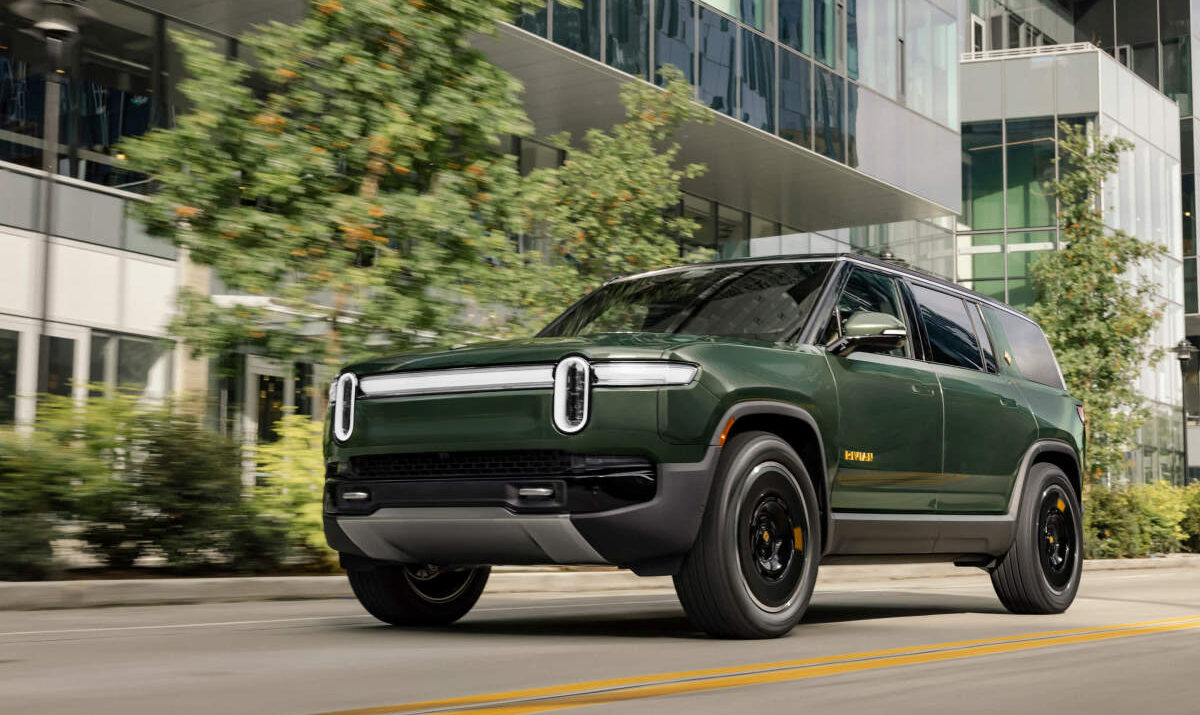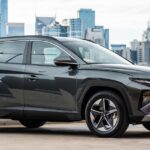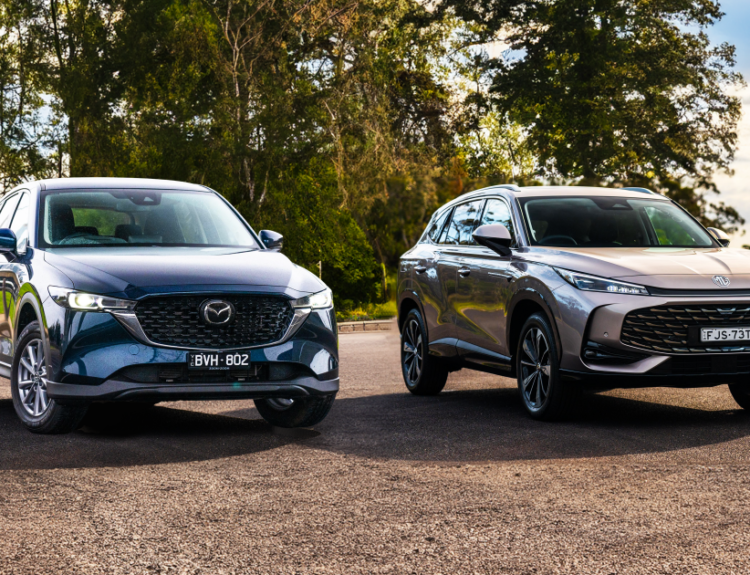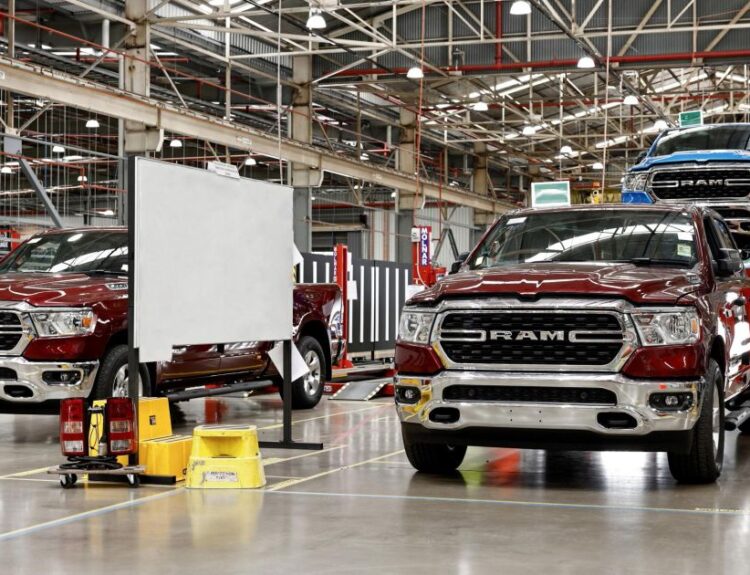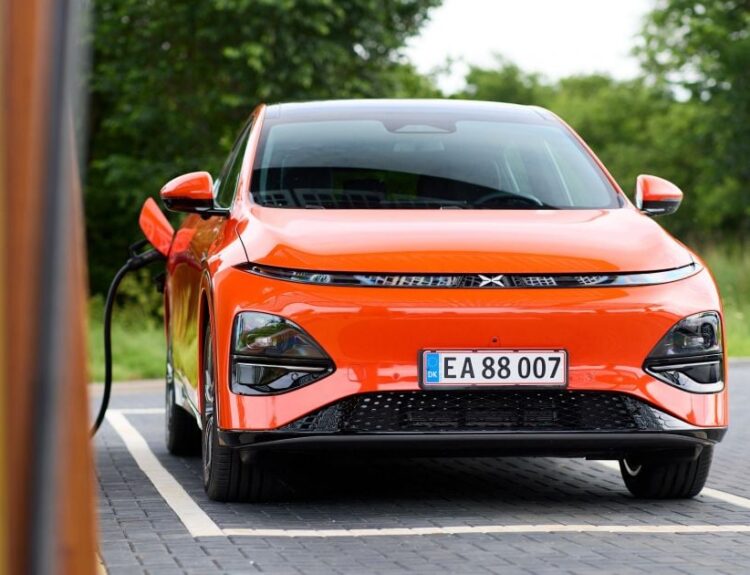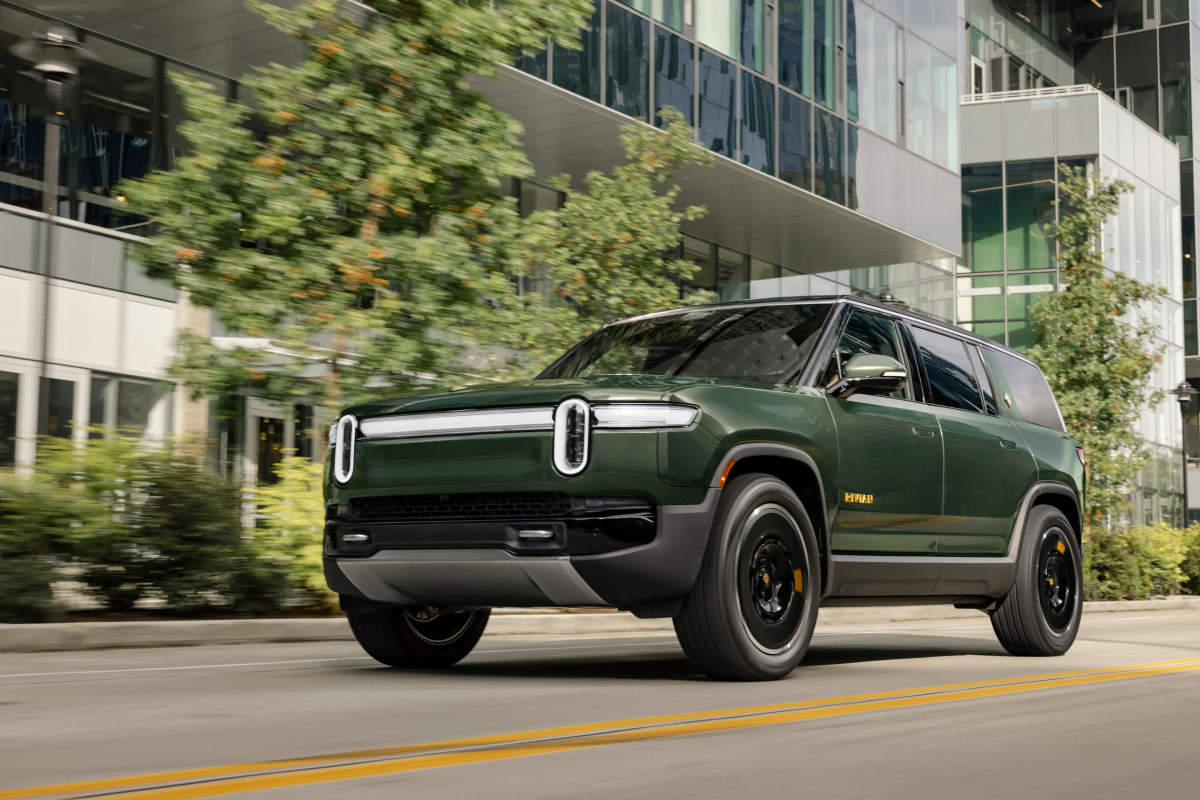
Rivian, a frontrunner in the electric vehicle landscape, is poised to introduce an AI-driven voice assistant in 2025. In a recent Q&A held in Venice, California, the company’s Chief Software Officer, Wassym Bensaid, unveiled the ambitious plans for transforming in-car voice controls in both the R1T and R1S models.
Setting New Benchmarks for Voice Commands
Bensaid explained that Rivian’s voice assistant is designed to transcend the conventional command structures. This cutting-edge technology leverages artificial intelligence not just to execute commands, but to comprehend multiple instructions simultaneously and interpret the user’s intent.
“This innovation will fundamentally change the way you engage with your vehicle,” Bensaid asserted. He highlighted Rivian’s dedication to creating an intuitive user experience, eschewing the limitations frequently encountered with current systems.
Related: BMW Offers Sneak Peek at New Generation of Electric M Models
A Commitment to Quality
Among the initial functionalities of the voice assistant will be voice-to-text messaging. Although this feature is already available in numerous vehicles, Bensaid critiqued existing implementations for their shortcomings, such as missed messages and inconsistent emoji support. Rivian’s forthcoming solution promises a far more reliable and user-friendly experience, directly addressing consumer dissatisfaction with legacy systems.
“Please bear with us,” Bensaid urged, acknowledging that while the feature has been under development for two years, Rivian’s rigorous quality standards have contributed to its delayed launch.
Competing in a Crowded Market
Rivian is not alone in pursuing advanced voice technology. Mercedes-Benz is testing its MBUX system in a beta program that incorporates ChatGPT, while vehicles equipped with Android Auto enjoy the advantages of Google Assistant, with the more sophisticated Gemini AI anticipated to enhance Android Auto in the near future.
Rivian aims to outpace these rivals by delivering a seamless, immersive voice interaction experience that establishes a new benchmark for the automotive industry. “It’s not a matter of desire; we will have this feature, and it will surpass everything currently available,” Bensaid remarked.
Related: The Value of Used Aston Martin Vanquish Models Soars, Thanks to a New Gearbox
Looking Ahead: More Features to Come
Beyond the voice assistant, Rivian intends to roll out native YouTube integration and Google Cast support by the end of 2024, facilitated by over-the-air updates.
The expertise Rivian has cultivated is set to permeate Volkswagen vehicles as well, following Volkswagen’s recent $5.8 billion investment in Rivian aimed at harnessing the latter’s software and electrical architecture innovations.
Related: 2025 Subaru WRX tS Review: Challenging Norms, Yet Not Quite an STI
Conclusion
While in-car voice command systems have historically lagged behind the advanced artificial intelligence technologies we often utilize on our smartphones, Rivian appears ready to change that narrative. Bensaid envisions a future where drivers can handle all aspects of vehicle control through natural language voice commands that parallel touchscreen interactions.
If Rivian succeeds, they could set an influential precedent that the rest of the automotive industry will strive to meet. What are your thoughts? Do you actively use voice assistants in your vehicle? If not, would the ability to converse in natural language make it a more appealing option?
Source:www.autoblog.com

